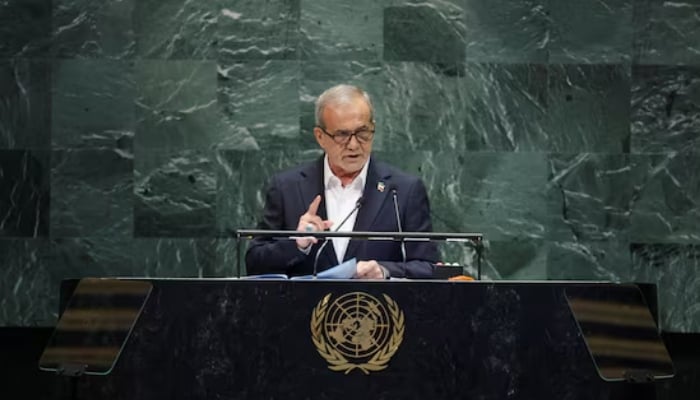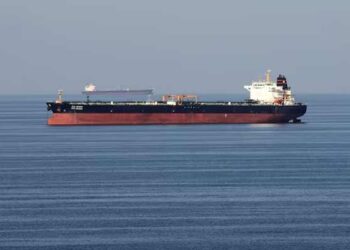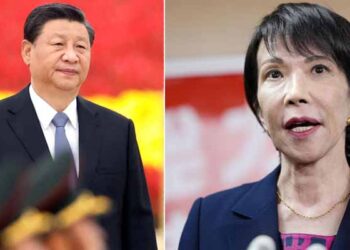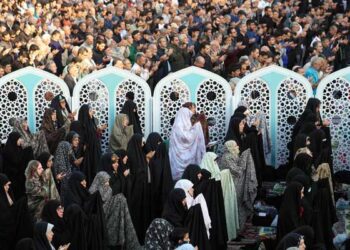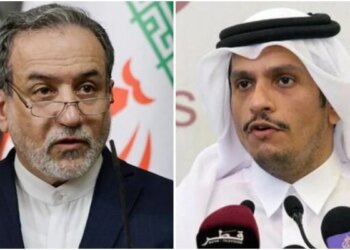Select Language:
Iran’s President Masoud Pezeshkian addressed the 80th United Nations General Assembly in New York on September 24, 2025. During his speech, he asserted that Iran has never aimed to develop nuclear weapons and continues to have no such intentions: “Iran has never sought and will never seek to build a nuclear bomb. Our pursuit is strictly peaceful.”
Pezeshkian criticized the recent actions of the European countries—Britain, France, and Germany—which initiated a 30-day process on August 28 to restore UN sanctions against Iran, accusing Tehran of violating the 2015 nuclear deal that aimed to prevent Iran from developing nuclear weapons. This process is set to conclude on September 27. European nations have agreed to hold off on sanctions reinstatement for up to six months if Iran grants UN inspectors access, addresses uranium enrichment concerns, and engages in talks with the United States.
The Iranian president denounced the European move as “illegal,” claiming it was carried out under U.S. influence. While the U.S., Israel, and European allies accuse Iran of using its nuclear program as a cover to develop weapons, Tehran insists its activities are solely for peaceful energy purposes.
Pezeshkian accused the E3 of abandoning good faith, claiming they bypassed legal obligations and mischaracterized Iran’s lawful measures as violations. Despite ongoing negotiations, disagreements persist—European powers say Iran’s leadership hasn’t met the conditions for relief, while Iran refuses to make concessions. Ayatollah Khamenei, Iran’s Supreme Leader, has rejected negotiations with the U.S. as long as threats persist.
If negotiations fail by September 27, all UN sanctions will be reimposed. This includes an arms embargo, uranium enrichment restrictions, bans on ballistic missile activities, asset freezes, and travel bans targeting Iranian individuals and organizations. Iran already faces severe sanctions since 2018, following the U.S. withdrawal from the nuclear deal under President Trump.
Recent tensions escalated after U.S. and Israeli strikes on Iranian nuclear sites in June, prompting Iran’s parliament to suspend cooperation with the International Atomic Energy Agency (IAEA). However, a recent agreement has allowed inspections to resume, and IAEA chief Rafael Grossi indicated inspectors are en route to Iran, contingent on a deal to prevent sanctions from returning.

